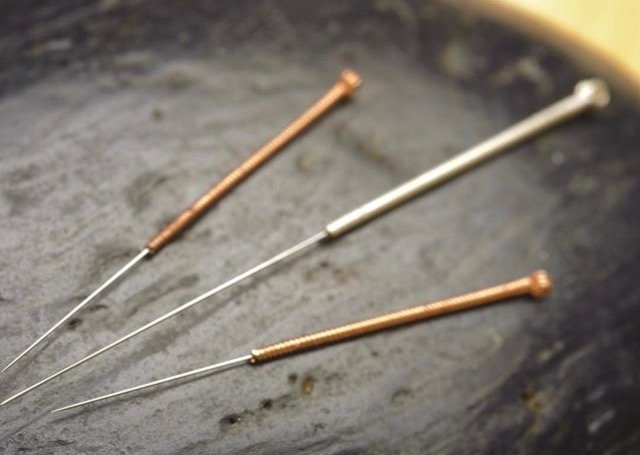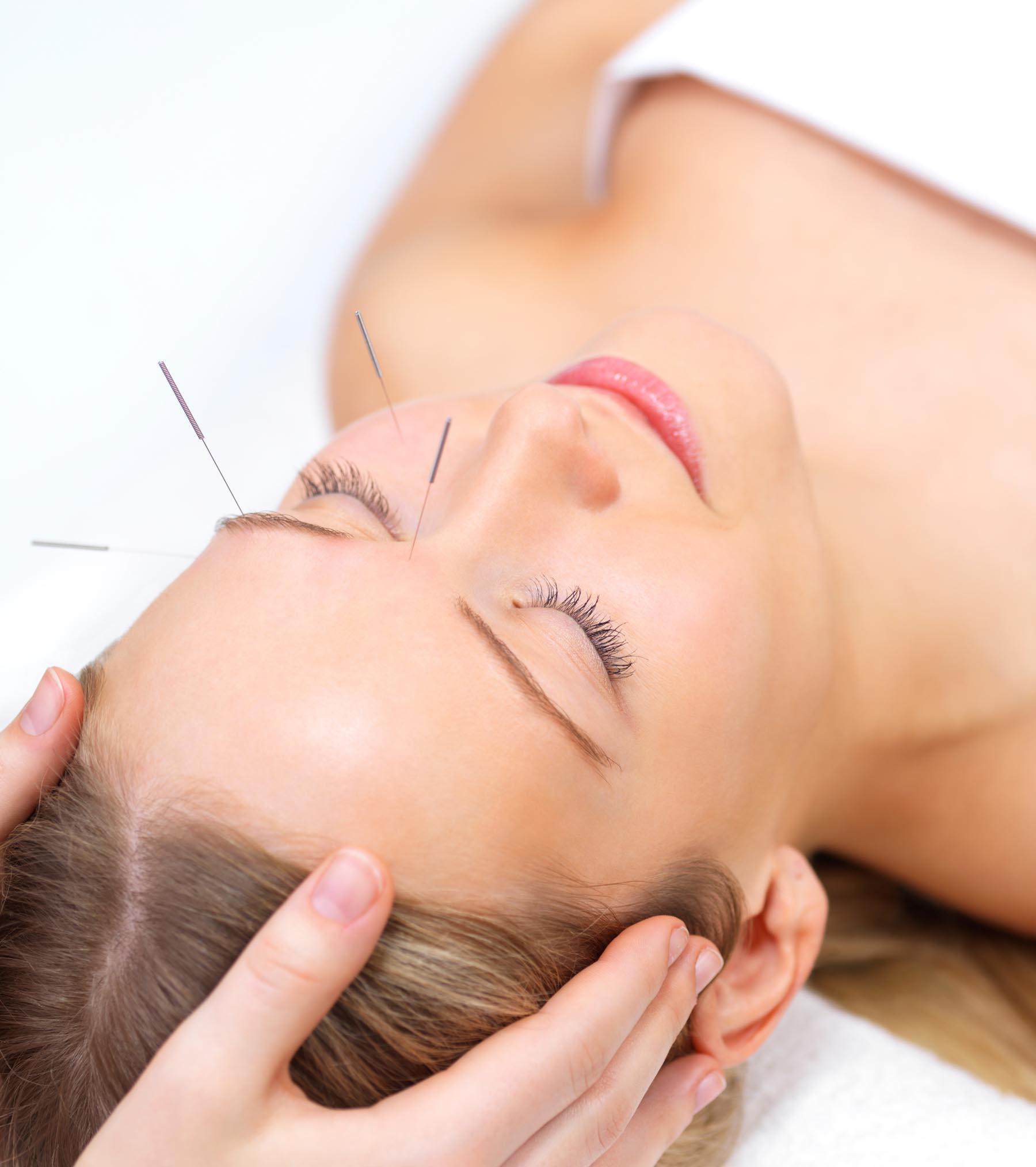Acupuncture And The Treatment Of Migraines.
What Is A Migraine?
A migraine is a severe type of headache often accompanied by blurred vision, nausea, vomiting and extreme sensitivity to light and sound. The pain often tends to be located on one side of the head and face. The pain may last anywhere from a couple of hours to a few days and can leave people unable to go about their daily life. Women are three times as likely to suffer from migraines than men and is more common during a females reproductive years. The causes of migraines are not fully understood but some medics believe that genetics and environmental factors might be linked. It is always important to speak with your Family Doctor if you experience migraines or severe pain in the head. Some research has showed that serotonin levels may play a role in suffering from migraines. Serotonin helps to regulate pain in the nervous system, it's been shown that during a migraine serotonin levels drop causing the trigeminal nerve to release neuropeptides which travel to the brain's outer layers (meninges). This results in migraine pain. There are a number of factors which may be linked to suffering a migraine attack: Hormonal changes (especially in women), pregnancy and menopause, certain foods and food additives, alcohol, stress, sensory stimuli, physical activity, changes in environment and some medications.
How To Treat Migraines Naturally
Most MD's of family Doctors will recommend strong pain killers for during your migraine attack. The side effects of taking strong pain killers and anti-inflammatories can cause other issues such as: stomach ulcers, abdominal bleeding and medication-overuse headaches. Some ways you can naturally reduce the number and severity of your migraines are:
Keep a journal documenting your migraine frequency, severity, signs and symptoms and any associated triggers you may find.
Exercise regularly - this reduces tension and stress in the body. It also causes the body to release serotonin, endorphins and dopamine which can reduce the change of suffering from a migraine.
Practice yoga and meditation - again reduces stress levels and tension in the body. Some headaches and migraines are linked to postural pain and desk based jobs which increase neck tension.
Reduce the estrogen intake - some medical professionals feel the contraceptive pill may be linked to migraines. Try to use a contraceptive pill with low levels of estrogen or opt for medication free contraceptive methods.
Acupuncture - studies show acupuncture can be beneficial for reducing frequency and severity of migraines. See below for more info.
Acupuncture For Treating Migraines
There is significant research that had been conducted to show that acupuncture can be helpful with treating migraine frequency, severity and associated symptoms. Large, randomised controlled clinical trials involving several thousand patients have now been conducted, funded by German health insurance companies. These studies have compared acupuncture with standard treatment (drugs and advice given by physicians) and demonstrate persistent and clinically relevant benefits under real-life conditions and equivalence to specialist drug management.
The National Institute for Health and Care Excellence (NICE) include in their headache guideline (2012, updated 2015) that a course of up to 10 sessions of acupuncture may be offered by a healthcare professional if neither topiramate or propranolol are suitable or work well for a particular patient. However, there is no mandate for health professionals to prescribe acupuncture. In practice its availability on the NHS is inconsistent.
Acupuncture is extremely safe if delivered by adequately trained practitioners. The most frequent side-effects are mild and include: minor bruising or bleeding, usually on needle withdrawal (3%), worsening of existing symptoms (1%) which usually lasts no more than two days and is sometimes associated with a good overall outcome; drowsiness, relaxation, or euphoria (3%) which is often experienced as pleasurable (and if so is not an adverse event!), and pain at the needling site (1%). Severe, extremely rare side-effects include a puncture lung or heart membrane (this is avoided by correct technique); transmission of blood-borne diseases (e.g. hepatitis C), avoided by using single-use, sterile, disposable needles, and skin infection (which is possible with ear acupuncture, particularly if indwelling studs are used).
References And Further Reading:
http://www.cochrane.org/CD001218/SYMPT_acupuncture-preventing-migraine-attacks
https://www.migrainetrust.org/living-with-migraine/treatments/acupuncture/
https://www.nice.org.uk/guidance/cg150
Helen.

